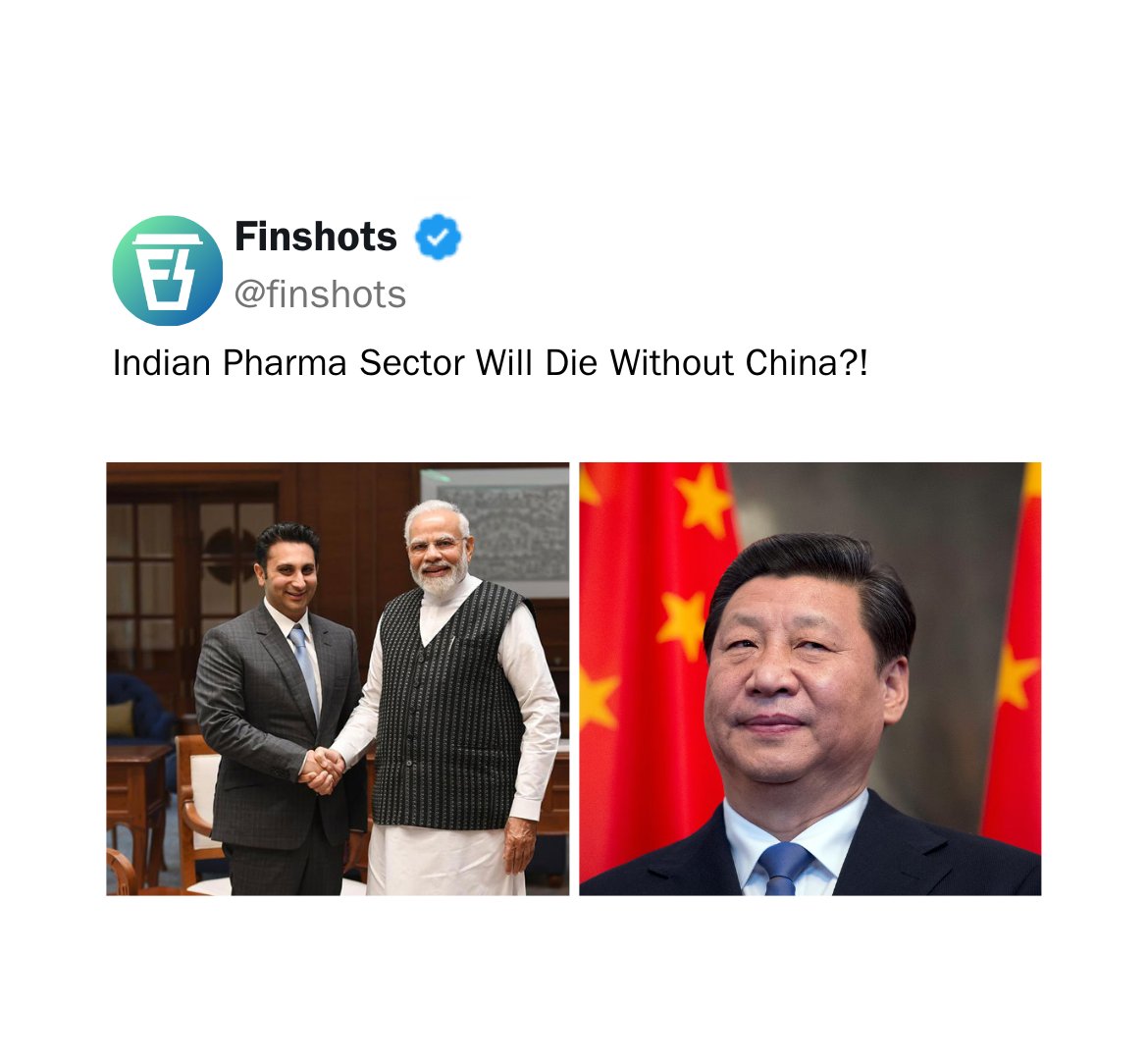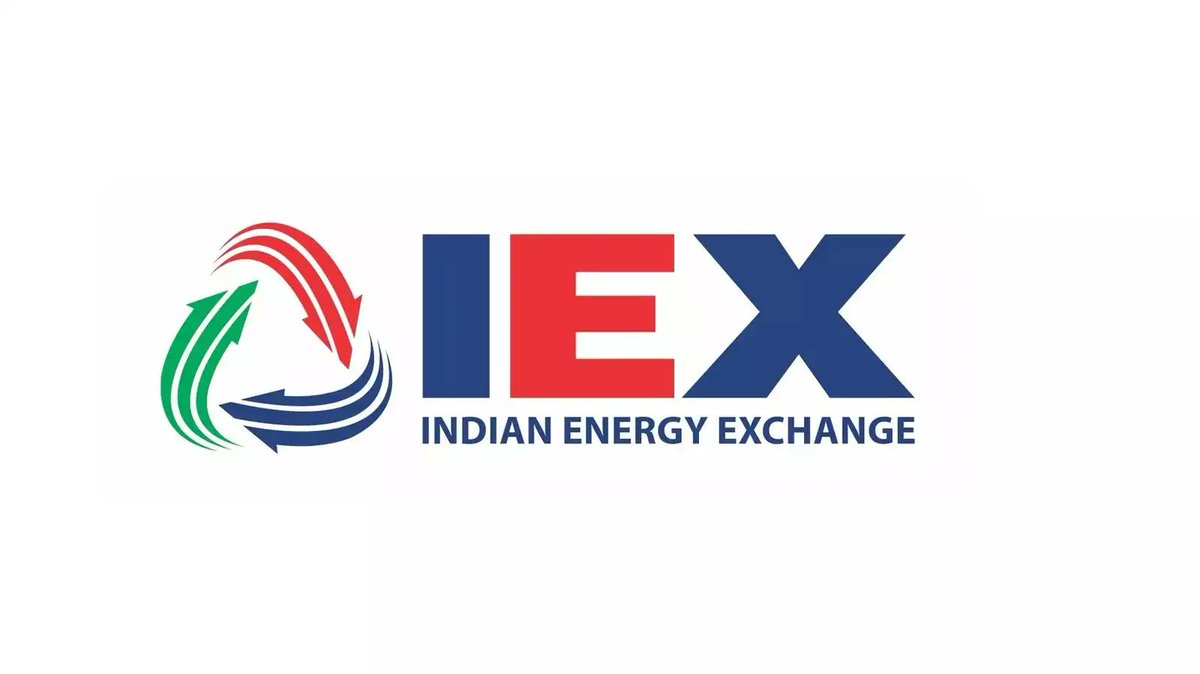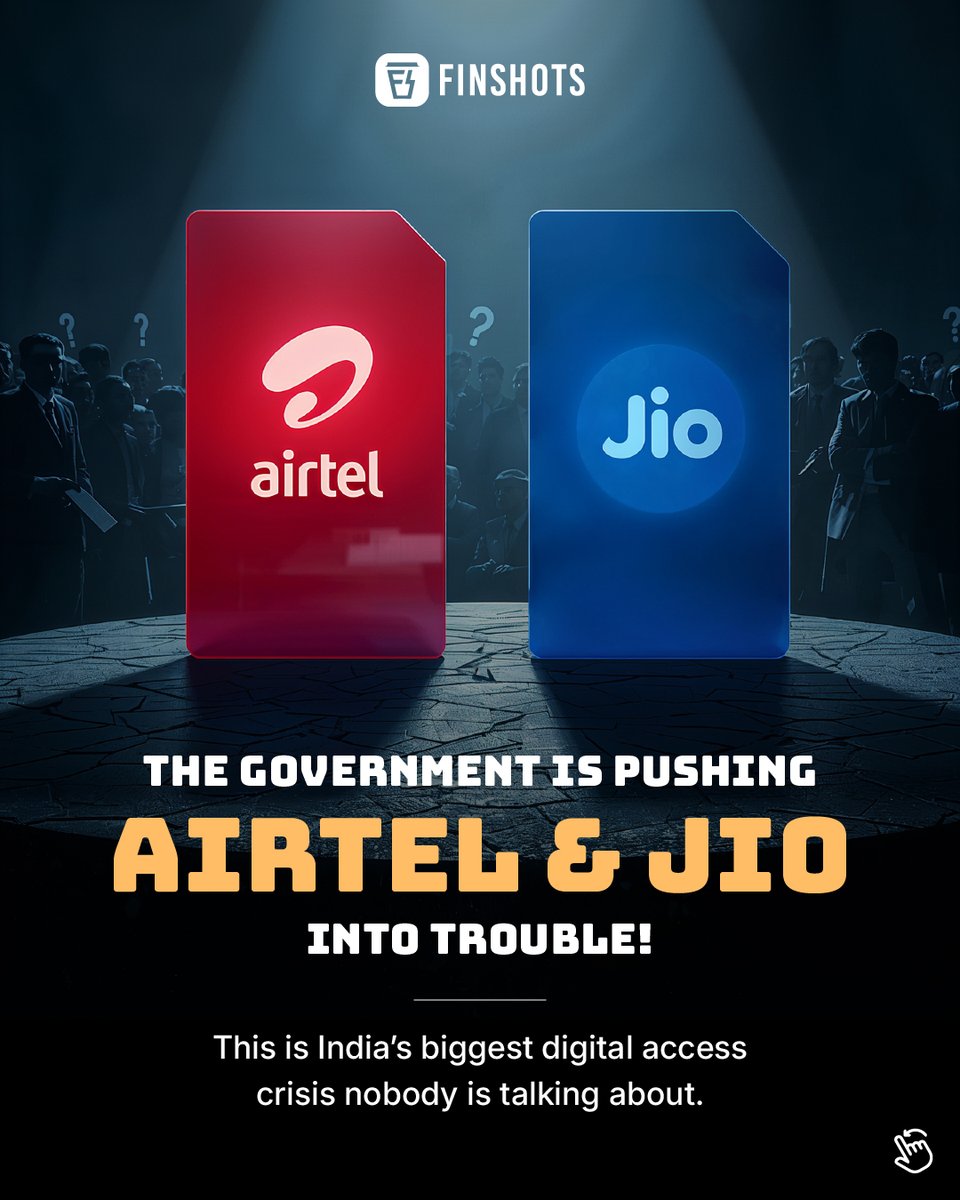So McKinsey just released a report titled - Is Asia heading
toward a debt crisis?. And here's a tweet thread simplifying some of the most important points
toward a debt crisis?. And here's a tweet thread simplifying some of the most important points

Households & Governments across Asia Pacific have been borrowing a lot lately. Meaning we've seen a huge rise in Debt to GDP in countries like Singapore and China. India's situation is also bad, but not as bad because households in India don't borrow to spend
That's where the good news ends. One look at Indian corporates and you know its bad. As of 2017, 43% of all long term loans issues to corporates were held by companies that barely made enough profits to service their interest (Interest Coverage<1.5). #Stressed 

It’s also troublesome because their ability to turn around performance and repay the debt requires working across multiple stakeholders—regulators, consumers, local
and national governments, and the companies
themselves—making recovery much more
complicated for corporates
and national governments, and the companies
themselves—making recovery much more
complicated for corporates
Also the boom of shadow banking (NBFCs) hasn't exactly helped matters either with most NBFCs having created long term loans using short term funds. And with the IL&FS crisis, we are at a point where the cost of funding is slowly inching up as everybody is now scared to lend. 

The equity buffer to support such a crisis is also dwindling and the inflow of monies from other countries have only magnified risks as they are well known to vacate emerging markets during times of crisis.
So what could trigger the crisis?
So what could trigger the crisis?

Many things, but the most important of which is the ongoing trade war. For example, analysts have estimated that an aggressive trade war between the United States and China could cut GDP by 1.7 to 2.5 percent in both countries and the ripples could soon spread to India as well
• • •
Missing some Tweet in this thread? You can try to
force a refresh










